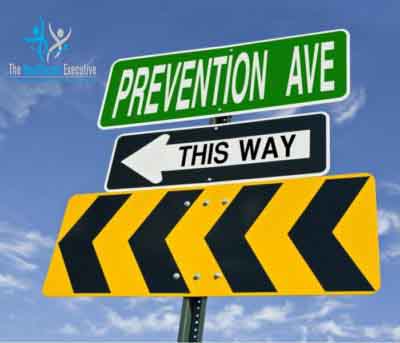Quality and Patient Safety – Management and Prevention of Hospital Acquired Infections

Course Feature
-
Course Code Not offered for this course
-
Duration 1 Day
-
Course Type Short Course
-
Classes Days Wednesday - One Day Class
-
Campus Online Course
-
Min Qualification Open to Healthcare Professionals
COURSE RELATED MATERIALS
Class Description
In 2008, the U.S. Department of Health and Human Services (HHS) released the HHS Action Plan to Prevent Hospital Acquired Infections. Healthcare-associated infections (HAIs) are infections that patients acquire while receiving treatment for medical or surgical conditions. HAIs are associated with a variety of causes, including but not limited to the use of medical devices to include catheters and ventilators, complications following surgical procedures, transmission between patients and healthcare workers, or the result of antibiotic overuse. They are among the leading causes of death in the United States accounting for an estimated 1.7 million infections and 99,000 associated deaths in 2002. The Centers for Disease Control and Prevention (CDC) of HHS has shown that about 36% of these infections are preventable through the adherence to strict guidelines by healthcare workers when caring for patients. This discussion sought to inform hospital leadership and administrators about the causes of hospital acquired infections and the impact leadership can have on the quality, financial health and safety of their organizations. We coordinated this event for The Central Illinois American College of Healthcare Executives and University of Illinois College of Medicine speakers. Dr. Appenheimer, Mrs. Boesen, Dr. Estes, Mrs. Kimble, and Greg Wahlstrom hosted this 90-minute Webcast, including Q&A, to get alignment strategies to thrive in an increasingly integrated industry.
With this course, attendees gained insight and tactics to:
- Discuss the most common types of HAIs and required public reporting.
- Address the impact that nosocomial infections have on healthcare organizations, including financial impact, ARRA and HAI Prevention, HHS incentives and CMS oversight.
- Discuss why preventing hospital acquired infections is such an important initiative.
- Define leadership behaviors that are necessary for a successful HAI prevention program.
Experts engaged:
Dr. Tim Appenheimer, M.D., Chief Medical Officer, KSB
Lisa Boesen, MAOM, PHR, Creating Compassionate Connections
Dr. Norman Estes, M.D., Dept of Surgery, University of Illinois College of Medicine
Sara J. Kimble, Chief Quality Officer / Chief Nursing Officer, Graham Hospital
Greg Wahlstrom, MBA / HCM, Central Illinois ACHE – Chair Education Committee
Organizations:
Central Illinois Chapter of ACHE
Katherine Shaw Bethea Hospital
Creating Compassionate Connections
University of Illinois College of Medicine
Graham Hospital





